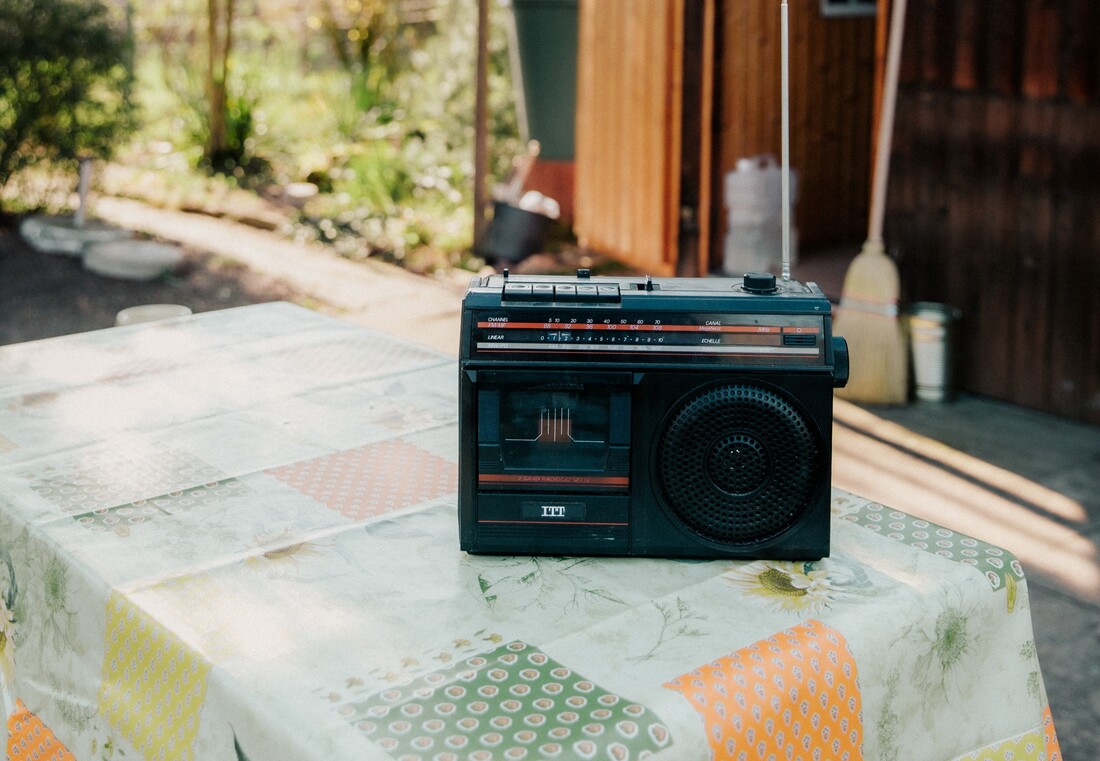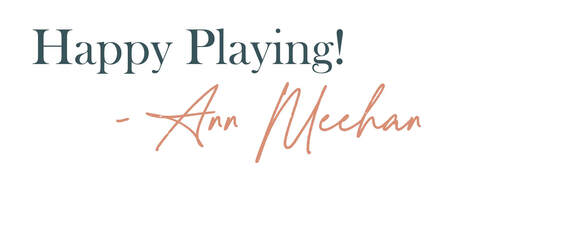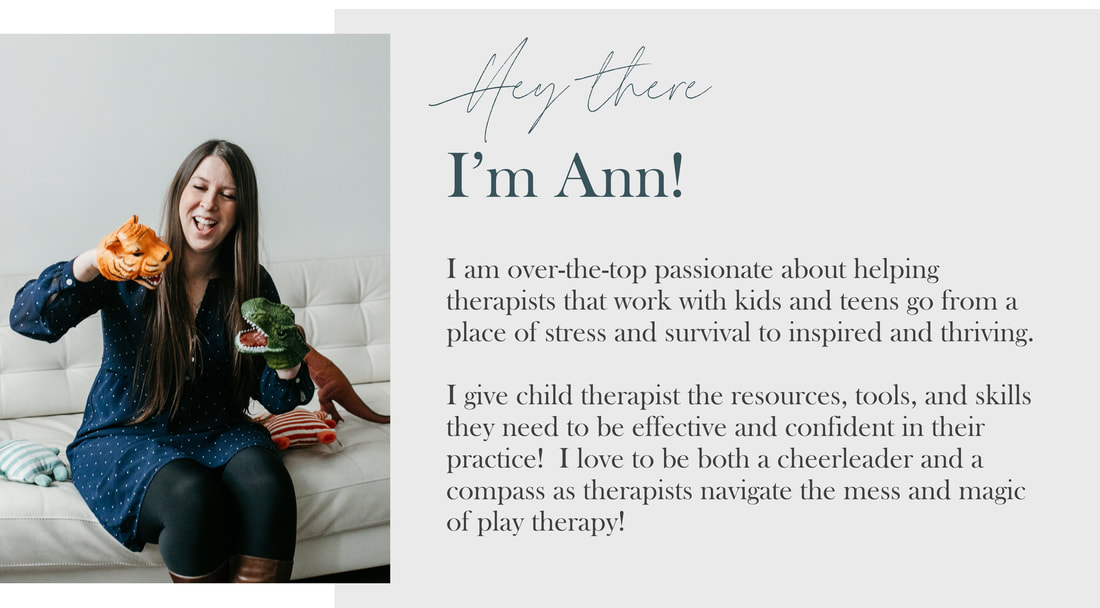|
Did you know that kids have an emotional communication dial?
Let’s back up juuuust a bit. All behavior is purposeful. Every last thought and action has purpose. Check out this free downloadable resource HERE and how parents can meet the needs of children HERE!
Behaviors are informed by our experiences in the world and current situations and past behaviors and experiences help us figure out what to expect in the future. These experiences and outcomes form our schema or core beliefs. They fill in some information about if I do X then Y will happen. AND sometimes they aren’t always accurate.
With trauma we can develop many thoughts, feelings, and behaviors that our bodies think are going to keep us safe and help us survive that were helpful and essential in the moment, but may not be as helpful out of the moment. Behaviors and emotions communicate complex messages. We know that when a teen says “I don’t know” it usually doesn’t mean they don’t know. It might mean they don’t want to talk about it, they are frustrated with a grown up, or a million other things. Other times kids will make a noise or give a look and expect you to decode the message and know exactly what they mean. That grunt really meant that they didn’t want you to ask about who they played with on the playground. Tomorrow it might mean something completely different. So, in short because we are not mind readers we often get it wrong. We make assumptions or sometimes have expectations for behaviors that aren’t, well…realistic. AND because children's prefrontal contexts aren't fully developed...well sometimes they don't know exactly what the difficulty is either. Or they just may be beginning to develop complex language skills and they have trouble making sense of it all. Sometimes parents and caregivers think that behaviors are “just for attention” (check out why attention isn’t a dirty word HERE!) Other times behaviors come from when we have unrealistic expectations, like we will be incredibly disappointed if we think a four year old can seamlessly carry out their bedtime routine. Parents can have thoughts that their child "should be able to do this already" or "shouldn't keep having an issue with this". Let's just get over it! If only it was that simple. Other times it gets more complex, like when young people’s brains make the split second decision that they would rather take the odds of lying and potentially getting away with something versus telling the truth and holding the consequence. All of this can lead parents and caregivers guessing about what it means and maybe not responding in the best way. Maybe it’s minimizing, brushing aside, or trying to push through the outcome (think of the stern voice at the door saying “just put on your shoes already!!”). Check out more resources about co-regulation HERE, this helpful metaphor HERE, and this free downloadable guide for how to keep calm and co-regulate when children are melting down HERE. But what if we re-wind? To a time when the feelings and behaviors are smaller. There is excellent data and communication ready to be unlocked when the dysregulation begins. When the grownups aren’t getting it. AND kids know when you’re not getting it. They know when there is misattunement. When you're distracted, checked out, or about to lose it yourself. Then, this wonderful thing happens. They think - “Oh, I can help my parent understand just how upsetting this is to me! Let me turn up the volume!” Okay, it doesn’t really sound like that. It usually looks like a whining voice that gets louder, larger physical body movements, sighing, eye rolling, and arm crossing. And if you don’t get it then it might sound like yelling, stomping, slamming, or sobbing. Then you might get it. One of the most powerful tools we can help parents use is to understand their child’s dial. Understand the small subtle cues of dysregulation. Help them understand that the stomping is communication of inner emotional states. That the key to helping them turn down the dial is through co-regulation, empathy, understanding and safety. What are some ways that you notice kids "turning up the dial"? Comment below! Loading...
0 Comments
Leave a Reply. |
Hi, there!I'm Ann Meehan, an LPCC, Loading... Archives
July 2024
Categories
All
|
Privacy Policies | Terms of Use | Disclaimer
Contact
[email protected] | Copyright Meehan Mental Health Services 2022
Contact
[email protected] | Copyright Meehan Mental Health Services 2022







